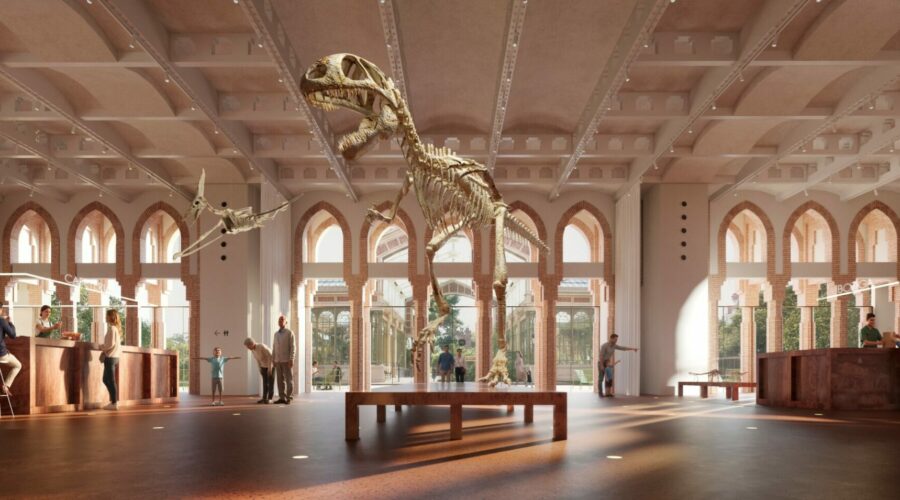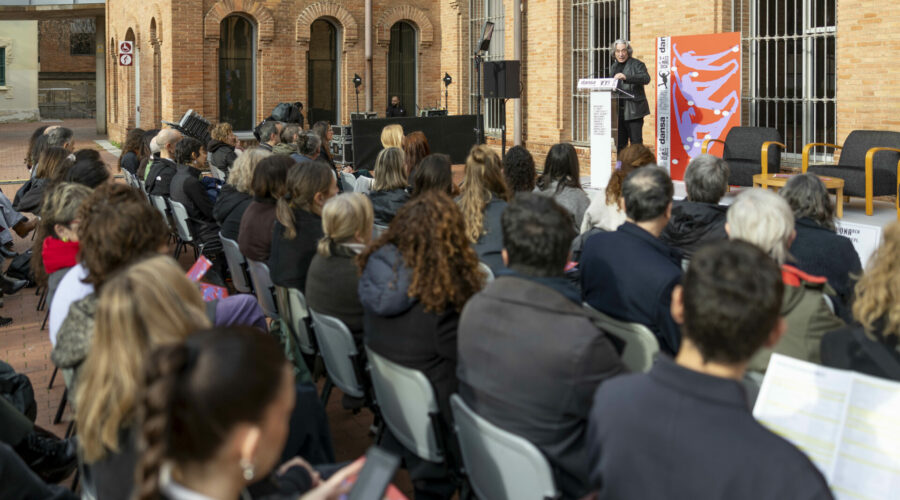
It is estimated that by the end of the year, Barcelona will become the port of arrival in Europe of the second largest submarine cable in the world.
The intercontinental telecommunications connection is the main objective of the 2Africa project of which the Catalan capital is a part.
In fact, it is one of the most important fiber optic projects in the world. The objective is to interconnect Europe, Africa and the Middle East via a 37,000 km submarine cable.
This submarine cable is the second largest in the world in terms of length. And hThe project has been driven by Facebook, MTN GlobalConnect, China Mobile International, Orange, STC, Telecom Egypt, Vodafone and WIOCC.
The system is expected to start operating between 2023 and 2024. When commissioned, this submarine cable will be able to exceed the total capacity offered by existing submarine cables in Africa.
Medusa: the world’s second largest submarine cable
The cable will link Africa with Europe. And se expect it to arrive in Barcelona through the management of the Catalan company AFR-IX.
AFR-IX Telecom is the infrastructure and telecommunications operator in charge of starting up the “Barcelona Cable Landing Station” by the end of this year. It is a landing station for submarine telecommunications cables that is being built next to the coast of Sant Adrià del Besòs.
The Catalan company expects to reach this infrastructure, the Medusa cable, in July 2024.
This new submarine communication infrastructure will be built in the Mediterranean Sea.
Mediterranean
by AFR-IX itself, to link nine countries in Africa and Europe, from Lisbon to Egypt.
Jordi Puigneró, Minister of Digital Policies and Public Administration of the Generalitat, recently stated that the arrival of the submarine cable in Barcelona will be a boost for the local economy.
In fact, it will also be better for the country, because what the big companies are now looking for is international connectivity.
The benefits of the 2Africa connection
The submarine cable, which is part of the project, will allow providers to offer more capacity and reliability in the Internet connection in large areas of the African continent.
The Middle East will also benefit from the growth of 4G, 5G and fixed broadband access for millions of potential users.
By making good use of the Internet ecosystem, improved accessibility will be possible for both operators and consumers alike. Submarine fiber optic cables are a vital tool for the operation of the global telecommunications network.
In fact, 99% of intercontinental Internet traffic was carried over this type of infrastructure. They are strategic for the digitization of societies. In summary, the development of this project will enable Europe, Africa and the Middle East to reduce the digital divide between these regions of the world.



